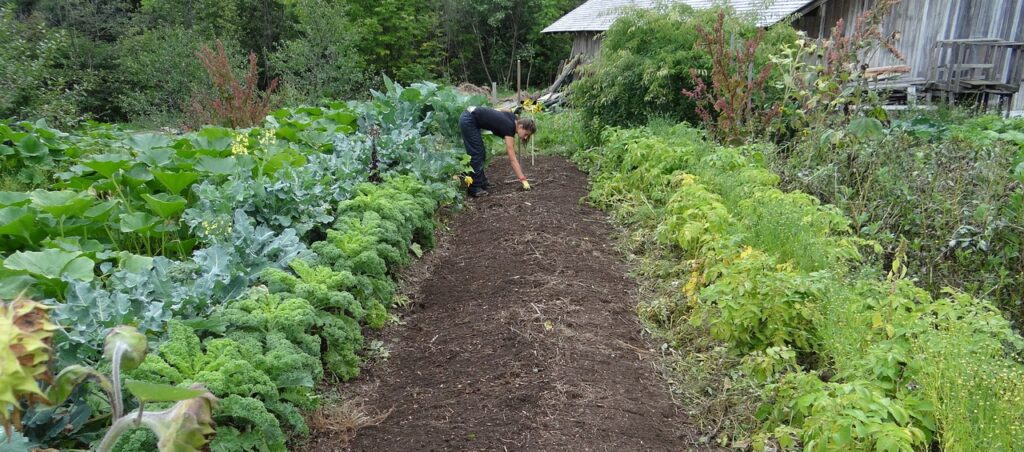Table of Contents
ToggleHow Organic Farming Helps the Environment
Organic farming is becoming an increasingly popular method of food production, which is gaining popularity due to its numerous benefits, especially when combined with global concerns about climate change, soil degradation, and biodiversity loss, organic farming offers a sustainable alternative to conventional farming methods, but how exactly does organic farming contribute to environmental protection and sustainability?
In this blog post, we will explore how organic farming benefits the environment and why it is important for both farmers and consumers to switch to organic methods.
Introduction:
The Growing Need for Sustainable Farming Methods
In recent years, the environmental impact of conventional farming methods has come under scrutiny. From the overuse of pesticides to soil erosion and water pollution, conventional farming models have been causing significant damage to ecosystems. However, organic farming offers a more sustainable approach that not only produces healthy food but also protects the planet.
This shift to organic practices has been crucial in addressing global challenges such as climate change, resource depletion, and biodiversity loss. Organic farming works with nature, not against it, and creates healthy soils, reduces greenhouse gas emissions, and supports diverse ecosystems.
In this blog, we will discuss how organic farming helps the environment in various ways and explore why it should be the future of agriculture.

1. Reduces Chemical Pesticides and Fertilizers
One of the primary benefits of organic farming is the reduction or complete elimination of synthetic chemicals like pesticides and fertilizers. These chemicals often enter waterways, contaminate water sources, and harm aquatic life. In contrast, organic farming practices use natural alternatives, such as compost, crop rotation, and beneficial insects, to manage pests and enrich the soil.
By eliminating harmful chemicals, organic farming helps maintain water quality and protects wildlife from toxic exposure. Let us contribute to a healthy ecosystem as a whole.
2. Improves soil health and fertility
Soil is the foundation of all agricultural production, and healthy soil is crucial for long-term environmental sustainability. Organic farming practices, such as crop rotation, cover cropping, and the use of organic compost, help improve soil structure and fertility. These practices reduce soil erosion, promote nutrient cycling, and increase water retention.
Healthy soils also act as carbon sinks, absorbing carbon dioxide from the atmosphere and reducing the overall carbon footprint of agriculture. By improving soil health, organic farming helps to combat climate change by sequestering carbon from the soil rather than releasing it into the atmosphere.
3. Promotes biodiversity
Conventional farming practices often involve monoculture, the cultivation of a single crop over a large area, which leads to biodiversity loss. On the other hand, organic farming encourages crop diversity and the presence of beneficial insects, birds, and other wildlife.
By avoiding harmful chemicals and growing a wider range of crops, organic farming creates more habitat for pollinators like bees and butterflies, as well as other wildlife. This diversity helps maintain balanced ecosystems and ensures that farming practices support both food production and environmental health.
4. Reduces greenhouse gas emissions
The agriculture sector is a significant contributor to global greenhouse gas emissions, primarily due to the use of synthetic fertilizers and fossil fuel-based machinery. However, organic farming, in general, uses less energy and emits fewer greenhouse gases. Practices such as reduced tillage, crop rotation, and the use of organic fertilizers help reduce the carbon footprint of farming.
In addition, organic farms focus on local produce, which reduces the need for long-distance transportation, reducing emissions associated with food production.
5. Improves water conservation
Water is one of the most precious resources on Earth, and agriculture is the largest consumer of water globally. Organic farming practices promote healthier, more water-retentive soils by using less water than conventional farming and employing more efficient irrigation techniques. In addition, organic practices help prevent water pollution by reducing chemical runoff and maintaining a healthy soil structure that filters and retains water more effectively.
